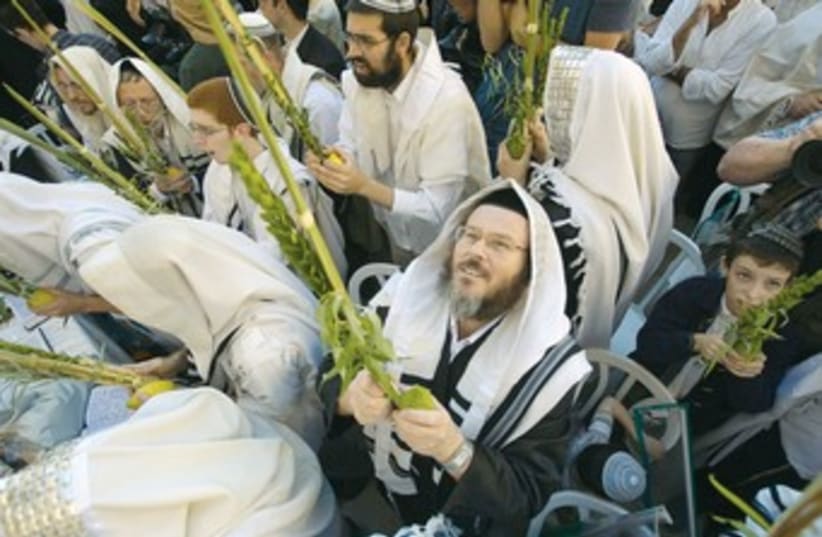Succot: Universal, familial, individual
‘And ye shall take you on the first day the fruit of goodly trees, branches of palm-trees, and boughs of thick trees, and willows of the brook, and ye shall rejoice before the LORD your God seven days.’ (Leviticus EMOR Chapter 23/40)
